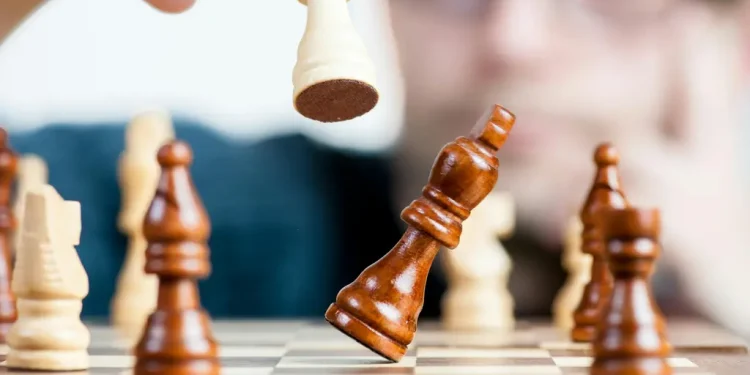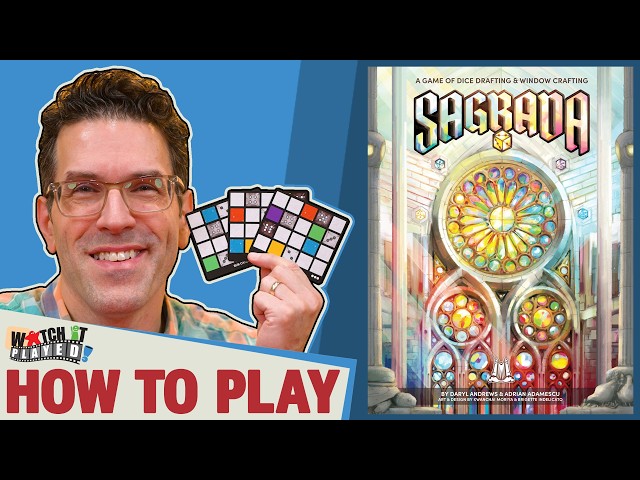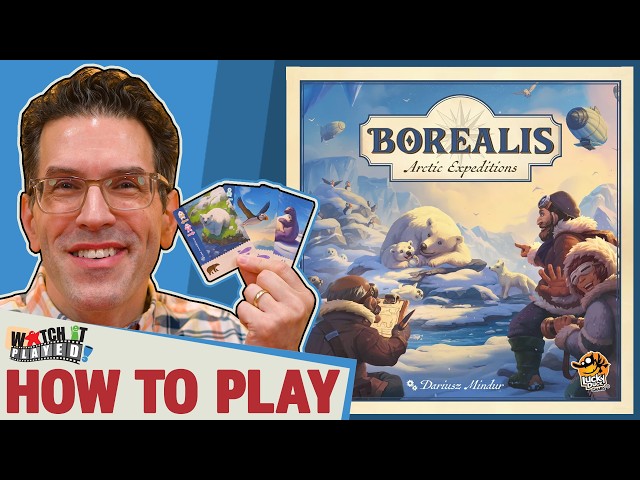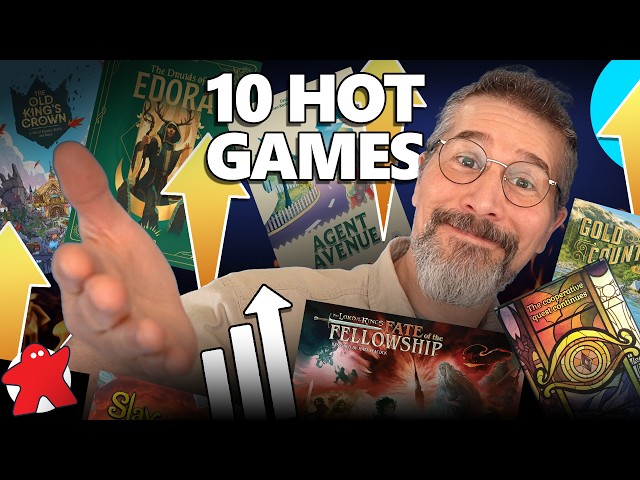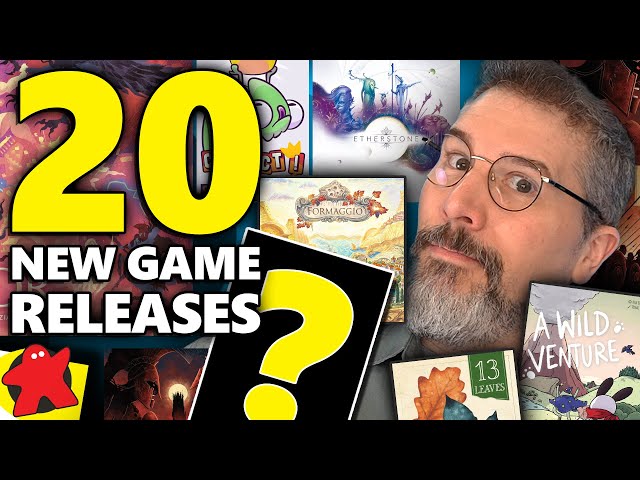Engaging in social games is a fantastic way to stay mentally active and sharp. These games not only provide entertainment but also challenge your brain, improving cognitive functions such as memory, problem-solving, and critical thinking. Here are some of the best social games to keep your mind sharp:
1. Chess
Why It’s Great: Chess is a classic game that enhances strategic thinking, concentration, and foresight. It exercises both sides of the brain and improves cognitive skills.
How to Play: Two players move pieces on an 8×8 grid with the objective of checkmating the opponent’s king. Each piece has unique movements, making strategy crucial.
2. Scrabble
Why It’s Great: Scrabble expands vocabulary and improves spelling and word recall. It also requires strategic placement of words for maximum points.
How to Play: Players draw letter tiles and create words on a board, aiming to score points based on the letters used and their placement on the board.
3. Bridge
Why It’s Great: Bridge enhances memory, concentration, and strategic thinking. It’s a social game that requires teamwork and communication.
How to Play: Four players form two partnerships and use a standard deck of cards. The game involves bidding and playing tricks to win points.
4. Sudoku
Why It’s Great: Sudoku boosts logical reasoning and pattern recognition. It helps improve problem-solving skills and memory.
How to Play: Fill a 9×9 grid with numbers so that each column, row, and 3×3 section contains all digits from 1 to 9 without repetition.
5. Trivial Pursuit
Why It’s Great: Trivial Pursuit enhances general knowledge and memory recall. It’s a fun way to learn new facts and compete with friends.
How to Play: Players answer questions in various categories to earn wedges. The first player to collect all wedges and answer a final question wins.
6. Pictionary
Why It’s Great: Pictionary improves creativity, communication, and quick thinking. It’s a lively game that engages different cognitive skills.
How to Play: Players draw clues while teammates guess the word or phrase. It’s a race against the clock to draw and guess correctly.
7. Boggle
Why It’s Great: Boggle boosts vocabulary, spelling, and quick thinking. It’s a fast-paced game that challenges players to find words in a jumble of letters.
How to Play: Shake a grid of lettered dice, then find as many words as possible in a set time. Words must be at least three letters long.
8. Mahjong
Why It’s Great: Mahjong enhances memory, pattern recognition, and strategic thinking. It’s a social game with rich cultural roots.
How to Play: Four players draw and discard tiles to create winning hands. The game involves strategy and a bit of luck.
9. Codenames
Why It’s Great: Codenames improves word association, deduction, and teamwork. It’s a modern game that combines strategy and fun.
How to Play: Two teams compete to identify their agents (words) on a grid based on one-word clues given by their spymaster. The first team to find all their agents wins.
10. Rummikub
Why It’s Great: Rummikub enhances numerical skills and strategic thinking. It’s a tile-based game that requires planning and adaptability.
How to Play: Players create sets or runs of tiles to be the first to use all their tiles. The game involves rearranging existing tiles on the table.
Tips for Engaging in Social Games
- Regular Play: Make time for regular game sessions to keep your mind sharp.
- Learn New Games: Try different games to challenge your brain in various ways.
- Play with Others: Social interaction adds an extra layer of mental engagement.
- Stay Patient: Some games have a learning curve. Enjoy the process of mastering new skills.
- Have Fun: The primary goal is to have fun. A positive attitude enhances cognitive benefits.
Incorporating social games into your routine is an enjoyable way to boost mental acuity and maintain cognitive health. Whether it’s a strategic game of chess or a lively round of Pictionary, these games offer numerous benefits for your brain. Gather your friends or family and start playing to keep your mind sharp and engaged!
